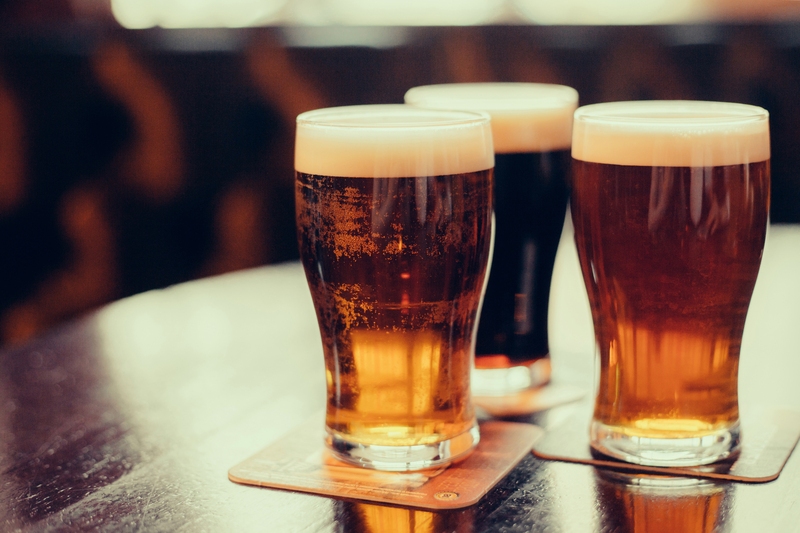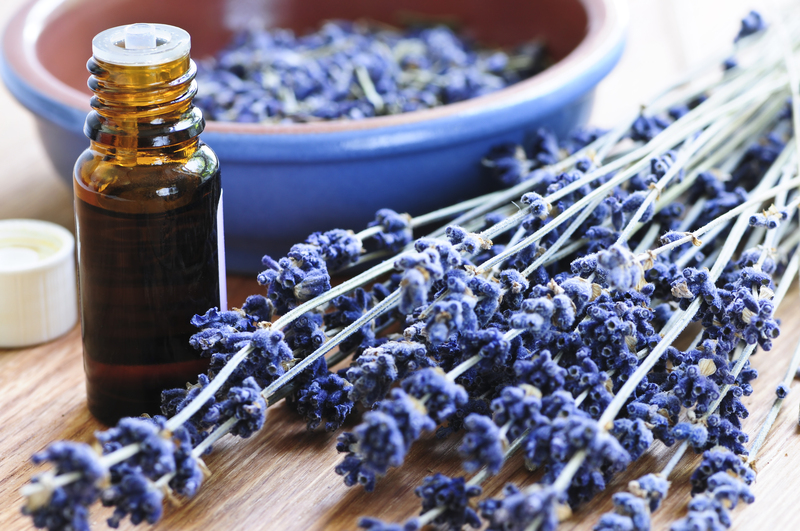Removing Limescale from Your Kettle
Posted on 01/08/2024
Limescale buildup in kettles is a common household issue that not only spoils your tea but also reduces the efficiency and life span of your kettle. Hard water filled with minerals like calcium and magnesium is the primary cause. When water is heated, these minerals precipitate out and form a crusty, white scale. This article aims to provide a comprehensive guide on removing limescale from your kettle, including tips and takeaways, along with a section on the pros and cons of different methods.
Why Limescale is a Problem
Limescale isn't just an aesthetic issue. This mineral buildup can impede boiling times, reduce the capacity of your kettle, and even lead to peculiar tastes in your brewed tea or coffee. Over time, the limescale can cause your kettle to overheat or even break down. Additionally, limescale buildup inside an electric kettle can cause electrical inefficiency, making it consume more power.

Methods for Removing Limescale
Vinegar and Water
One of the simplest and most effective methods to remove limescale is to use a vinegar solution.
1. Fill the kettle with a solution consisting of equal parts water and white vinegar.
2. Boil the solution and let it sit for an hour.
3. Empty the kettle and rinse it thoroughly with fresh water.
4. Boil fresh water in the kettle once or twice to remove any lingering vinegar taste.
Lemon Juice
Much like vinegar, the acidic nature of lemon juice makes it a powerful limescale remover.
1. Fill the kettle with a mixture of water and lemon juice in equal parts.
2. Boil the mixture and let it cool for an hour.
3. Rinse thoroughly to remove the lemon residue.
4. Boil fresh water to neutralize any remaining lemon taste.
Commercial Descalers
Commercial descaling agents are widely available and offer a quick and hassle-free solution.
1. Follow the instructions given on the product label carefully.
2. Generally, you will need to fill the kettle with water, add the descaling agent, and boil.
3. Let the solution sit for the prescribed amount of time.
4. Rinse thoroughly and boil fresh water to cleanse the kettle.
Additional Methods
Baking Soda:
Baking soda can be used as an alternative, though it's less effective on its own and is best used in combination with these other methods.
- Add a tablespoon of baking soda to water and boil.
- Let it sit and then scrub with a brush for tough limescale deposits.
Coca-Cola:
Yes, the acid in Coca-Cola can also break down limescale.
- Pour Coca-Cola into the kettle and bring it to a boil.
- Let it sit for 30 minutes, then scrub and rinse thoroughly.
Pros and Cons
Vinegar
Pros:
- Cost-effective.
- Readily available.
Cons:
- Strong smell and lingering taste.
Lemon Juice
Pros:
- Natural and non-toxic.
- Pleasant scent.
Cons:
- Costlier compared to vinegar.
Commercial Descalers
Pros:
- Highly effective and quick.
Cons:
- Can be expensive.
- Contains chemicals.
Tips for Preventing Limescale
1. Use Filtered Water: Using water filters can significantly reduce limescale buildup.
2. Regular Cleaning: Clean your kettle at least once a month to prevent the buildup.
3. Boil Small Quantities: Only boil the amount of water you need to reduce unnecessary heating cycles.

Takeaways
- Regular maintenance of your kettle can help combat limescale buildup.
- Natural solutions like vinegar and lemon juice are effective and safer for regular use.
- Investing in a water filter can help prevent the formation of limescale.
Conclusion
Limescale can substantially impact both the taste of your beverages and the efficiency of your kettle. Fortunately, removing limescale is a straightforward process with multiple effective methods available, ranging from household items like vinegar and lemon juice to commercial descaling agents. Implementing some prevention tips can keep your kettle in great shape for longer, ensuring that your hot beverages remain pure and your kettle remains efficient.
Taking a little time to remove limescale regularly can save you from the headaches of reduced efficiency and potential kettle failure in the long run. Happy boiling!

